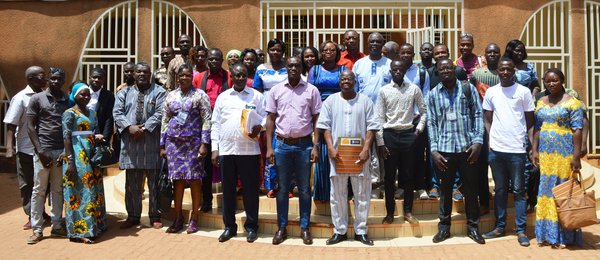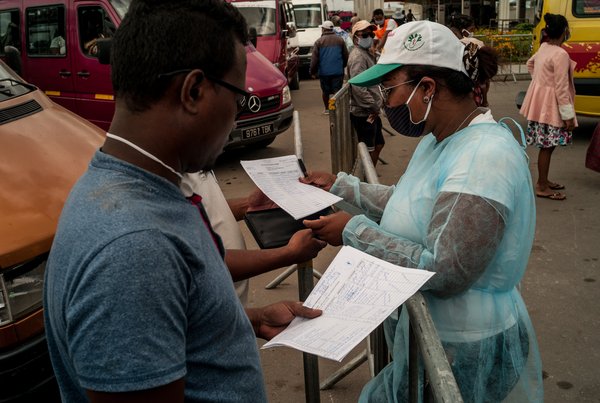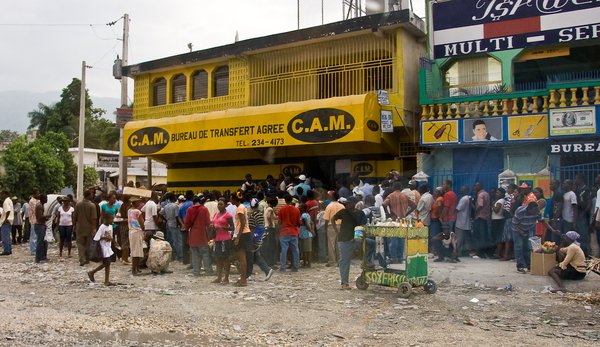
Economy Barclays Remittance Money Transfer. Photo via AMISOM Public Information. CC0 1.0
This article was originally published via the Journal of International Development in a Special Issue on Long run effects of COVID-19 on developing countries. Please find the original article here.
Abstract
Using data from a migration survey conducted in Burkina Faso, this research seeks to understand the Covid-19 pandemic's effects on migrant remittances and households' livelihood. Results suggest that migrant households and those receiving remittances are less likely to report a negative effect of the pandemic on their livelihood. More precisely, we find that if remittances sent by migrants remained the same or increased during the pandemic, households are less likely to report a negative effect on their livelihood. We resort to a recursive bivariate probit model and a two-stage residual inclusion estimator, using variables that capture xenophobia and possession of identity papers as instruments for remittances.



